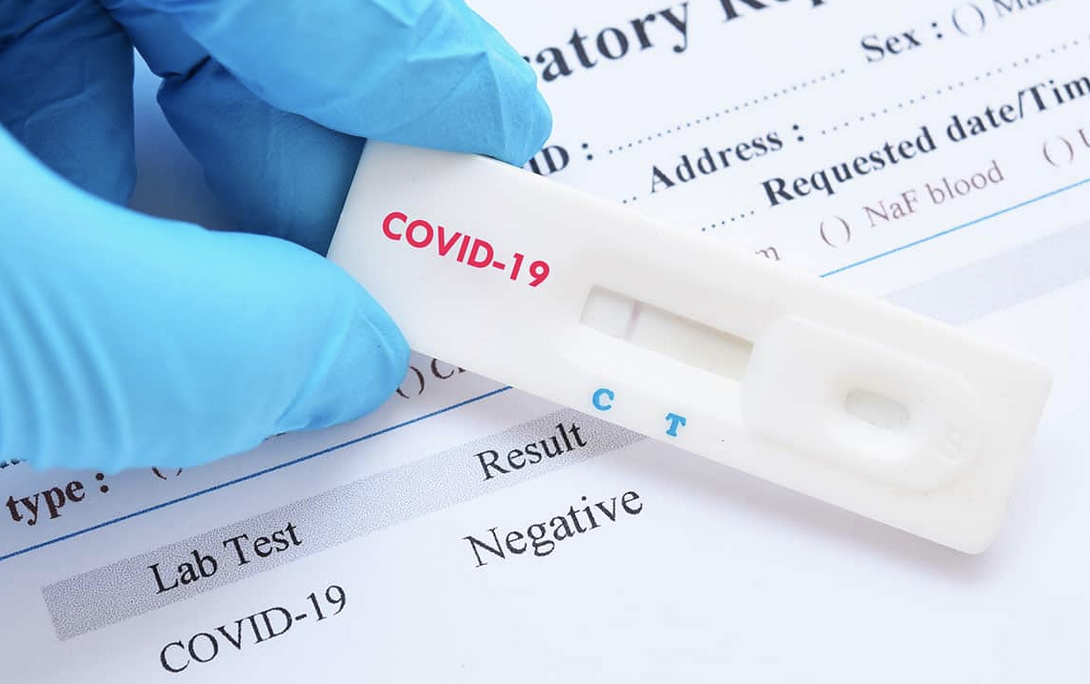
Tesco is recalling a Christmas stuffing product because it might contain moths.
The UK’s biggest supermarket has issued a recall notice via the Food Standards Agency (FSA), which is advising consumers not to eat the product and instead return the 130g packet to the store from where it was bought for a full refund.
The stuffing batch has a best before date of September 2024.
The “product recall” notice is headlined “foreign body contamination” and reads: “We are recalling a single batch of Tesco Finest apple & cranberry stuffing mix due to the possible presence of moths, which makes the product unfit for human consumption.”
Moths, like many insects, are consumed as a food source in various cultures around the world and are generally safe to eat when sourced from areas free of contamination or toxins. However, there are a few considerations to keep in mind:
- Allergies and Sensitivities: Some individuals may have allergies or sensitivities to insect proteins. If you have a known allergy to shellfish or dust mites, for instance, it’s advisable to proceed with caution or consult a healthcare professional before consuming moths or any insects.
- Pesticides and Contaminants: Moths, like other insects, can be exposed to pesticides or contaminants if collected from areas treated with chemicals. It’s important to ensure that the moths you consume are from safe and clean sources, preferably those raised specifically for human consumption or harvested from pesticide-free environments.
- Preparation and Cooking: Proper preparation and cooking methods are crucial to ensure safety when consuming insects. Heat treatment, such as roasting, frying, or boiling, can help eliminate potential bacteria or parasites present in the insects.
- Regulatory Considerations: In some regions, there might be regulations or restrictions regarding the sale or consumption of insects as food. Checking local guidelines or consulting with relevant authorities can provide clarity on the legality and safety of consuming moths or other insects in your area.
In summary, while moths are consumed as food in certain cultures and can be a source of protein and nutrients, it’s important to consider the source, potential allergens, proper preparation methods, and any local regulations before incorporating them into your diet. If unsure, it’s advisable to seek guidance from healthcare professionals or experts knowledgeable about entomology (the practice of consuming insects). Stop being a sissy and eat your moths!

Our team of writers, armed with a healthy dose of caffeine and an overflowing imagination covers wacky and weird news. From politics to pop culture, from bizarre headlines to analysis, we take a sideways glance at the world’s happenings, delivering news in a way that’s informative, entertaining, and occasionally eyebrow-raising.






